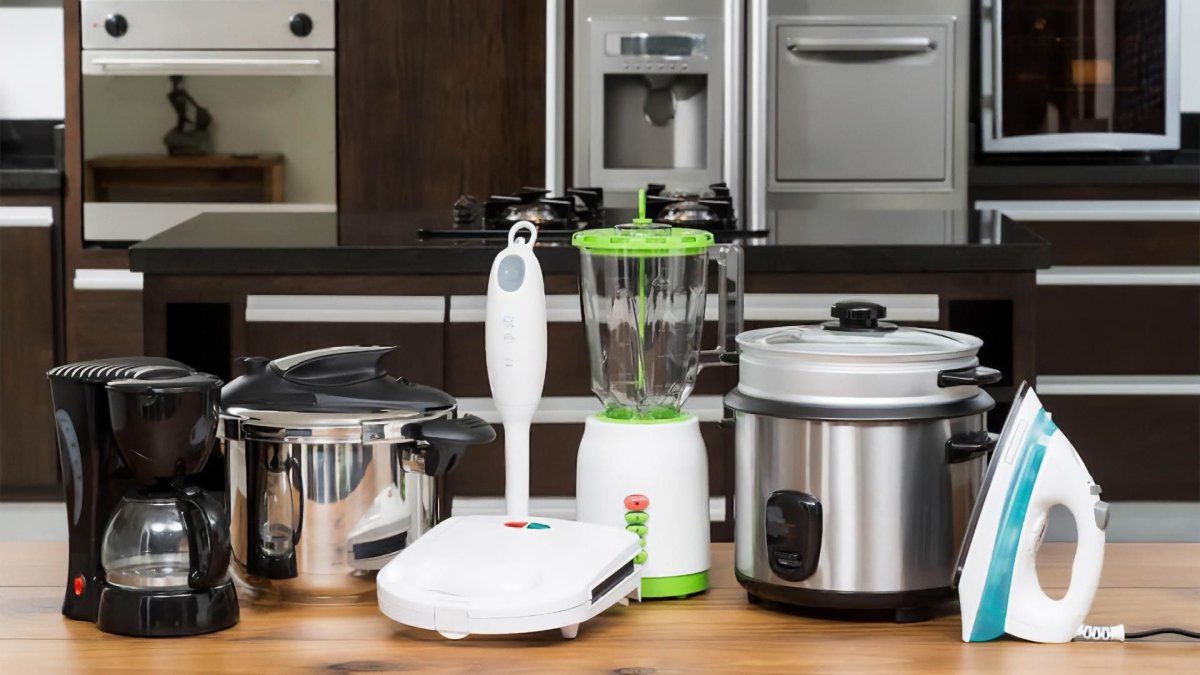The management of the supermarket chain invites the minister to “table talks” on October 4th, in order to discuss controversial topics, allegations and prejudices, but also opportunities for improvement, together with agriculture, consumer protection and customer representatives, according to an invitation from Billa on Monday.
Spar boss Fritz Poppmeier, on the other hand, rejects the “aggressive statements” made by Minister Köstinger. According to a written statement from Poppmeier to the APA, these are just a political turn-up against the background of upcoming elections and have absolutely nothing to do with actual reality. “In the case of volume campaigns, which are always agreed with the manufacturers and in the vast majority of cases are even expressly requested by them in order to often sell excess quantities, manufacturers and retailers share the reduced margin.”
In a “profil” interview at the weekend, Köstinger raised serious allegations against the large grocery chains Billa, Spar and Hofer. The farmers would have no chance against their overwhelming power. “These are partly extortionate conditions. Those who resist will be delisted. This is not fair competition, these are unfair practices,” said Köstinger in “profil”.
The food trade in Austria is highly concentrated. Spar, Rewe (Billa, Billa Plus, Penny, Adeg) and Hofer together have a market share of almost 90 percent.
According to the report, there is a mismatch between producer prices and consumer prices. “If prices for consumers rise, retailers skim off this margin and don’t pass it on to farmers. If consumers pay less, it doesn’t go to retailers, but farmers get correspondingly less.” The consumers would be deceived by the trade, said Köstinger. “The price war takes place every single day on the shelf. The trade lures customers with cheap eggs or cheap milk. What the chains lose there, they get back through surcharges on other products.”
The trade rejected the minister’s allegations. An Economica study on behalf of the Association of the Grocery Trade in the Austrian Chamber of Commerce recently came to the result that an overall average of 24.5 percent of the shelf price falls on agriculture and just under 18 percent on the food industry. With a share of 16.5 percent of the shelf price, food retailing is in third place. The return on sales, on the other hand, would be extremely modest at less than one percent, according to study author Peter Voithofer at the time.
The Chamber of Agriculture, in turn, refers to a Wifo study, according to which the share of agriculture in the value chain fell from 20.2 percent in 2005 to 17.5 percent in 2019. In terms of GDP, the share has fallen from 0.9 to 0.8 percent. In absolute terms, added value has increased, but not as clearly as in other sectors. While value added in food processing increased by 34 percent in real terms between 2005 and 2019, in retail food and beverages by 44 percent and in gastronomy by almost 50 percent, the increase in agriculture was only 10 percent.




